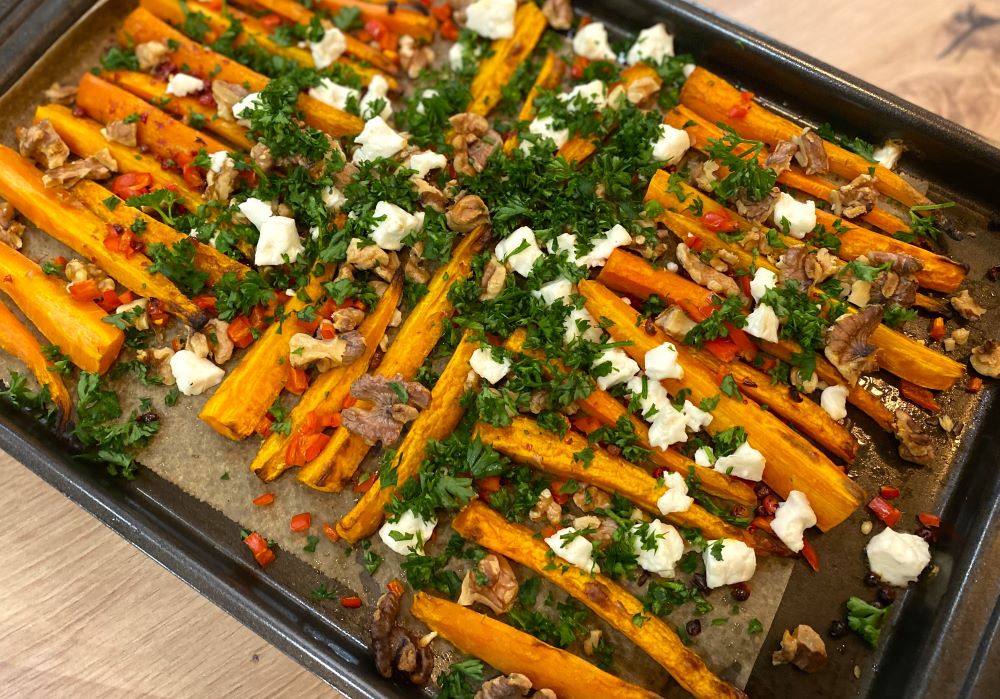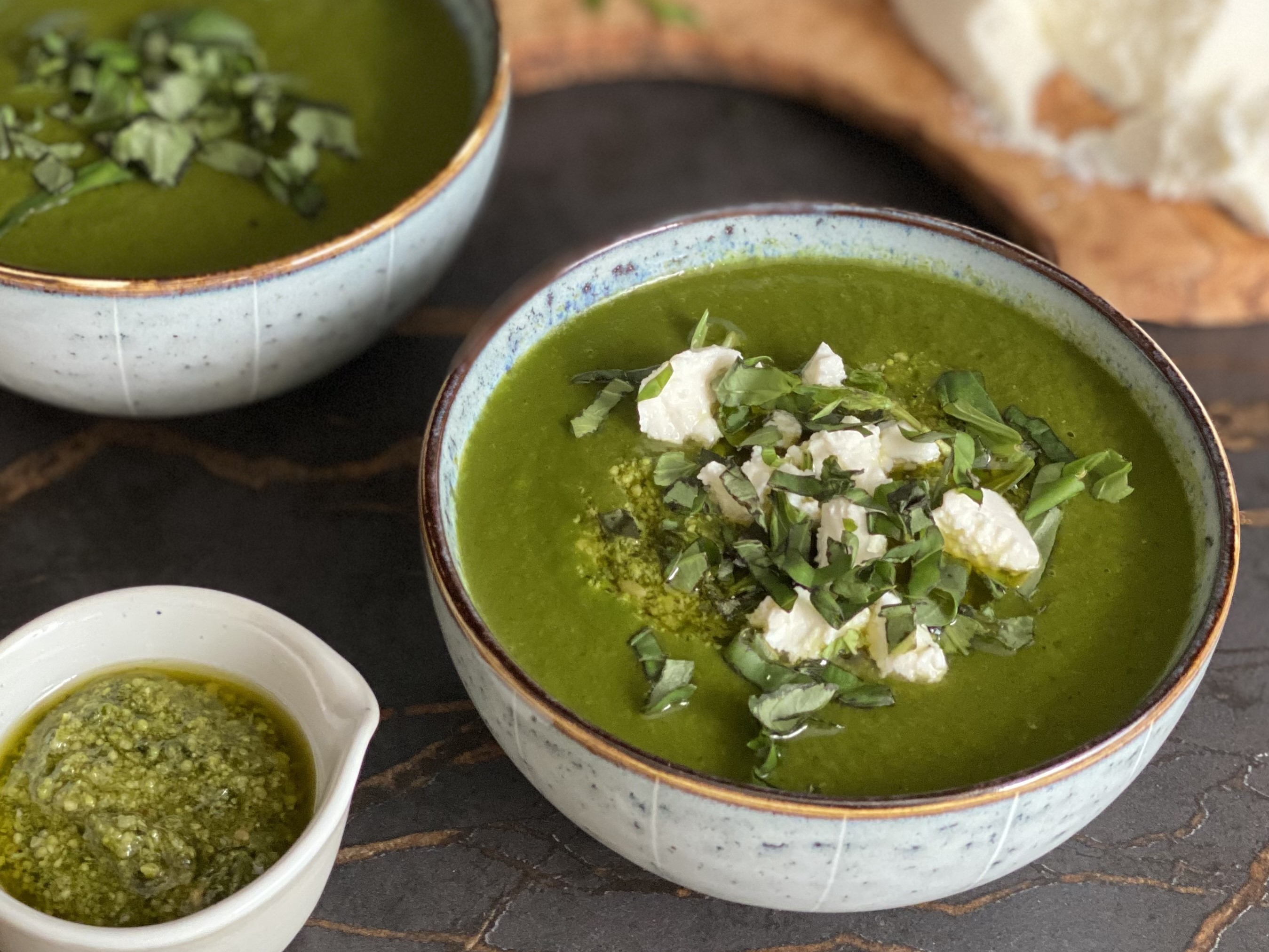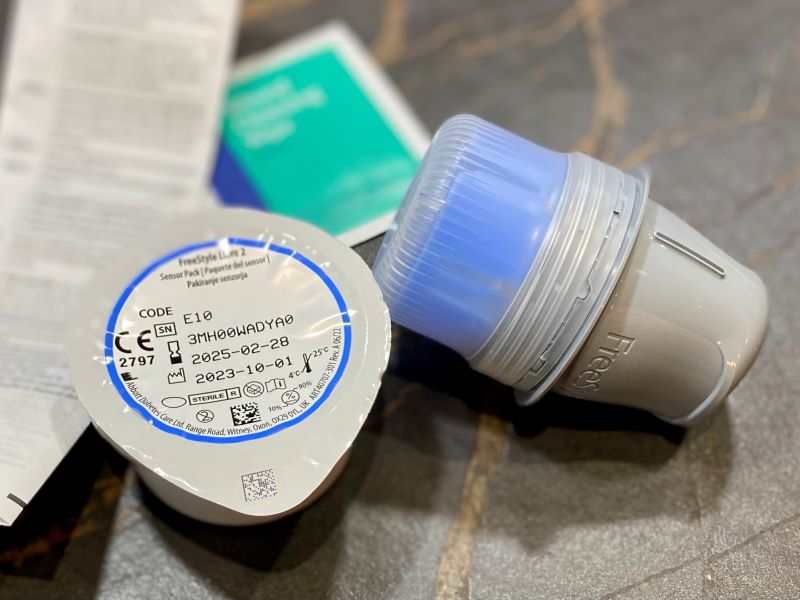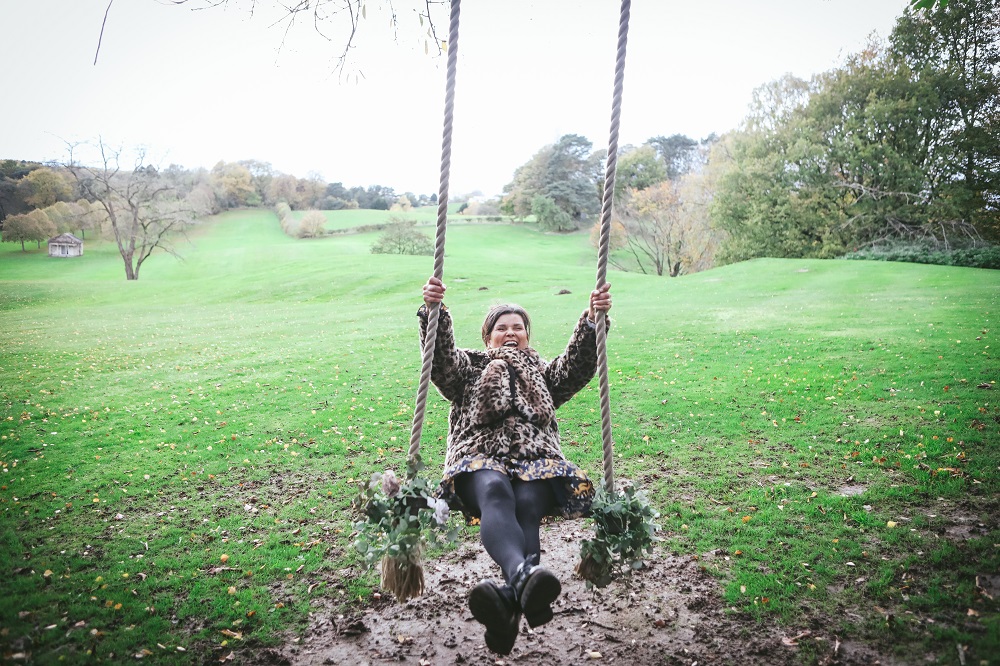On Saturday I watched “Light” by Caroline Treadway.
I was expecting it to be in some way “triggering”; I’m not sure if it was, although I spent the rest of the weekend thinking about the issues presented and going over my own history, again! The documentary explores the social, societal and emotional aspects of disordered eating, seen largely through the lens of the Colorado pro-climbing scene from a while back.
I was surprised that it’s been described as a “breaking the silence about the sport’s darkest secret” as it’s been obvious to me, and not just in climbing but in many other “lean-advantage” sports. And, despite a key principal of “do no harm” and practice non-violence, I’ve found it prevalent in yoga, especially Ashtanga. But the film does begin with Caroline explaining that she’d struggled to bring a spotlight to this issue for many years; I guess it’s a classic case of “if you know, you know” but nobody is talking about.
“Light” busts everything open and also highlights that this is not always a physically recognisable problem or restricted to women; disordered eating comes in “all shapes and sizes”! And there’s optimism; there’s an interview with Dr Gaudiani, an MD specialising in disordered eating, who confidently states that anyone can recover from an eating disorder. A stark contrast to what I was told as a teenager; that you NEVER recover, you only learn to conceal or manage your condition and that you will be stigmatised forever!
For me, even partial recovery took years but back then I didn’t find anyone that I could turn to; my one visit to a therapist had me running after she told me, “you know what you have to do, just eat”. It was the early 90s and the only option, it seemed, was to figure it out for myself. But in the years that followed things only got worse for me; I got thinner, lost my periods (for years) and caught every infection going.
Unlike many of the women featured in this film, I don’t attribute my problems to climbing. Conversely, climbing has helped my recovery. In fact, the turning point for me was a climbing fall that to this day I can’t understand how I survived. Physically, I was mainly unscathed, despite having fallen nearly a full rope length. But in my mind a shift had occurred; I’d been given another chance. Gradually I realised that I wanted to show up, each and every day, as my very best self. It was my first lesson in profound gratitude and this is how my story took a turn for the better.
And, as climbing is largely a head game, it has ultimately been the process of climbing that has brought me face to face with myself, time and again. A process that has helped me to uncover the deep-seated reasons for such profound and destructive self-dissatisfaction.
Initially I focussed on the “blame” story and I know this can be common. Caroline recounts her “thunder thighs” moment as a child and I also have a story like this. I also got stuck on the fact that my beautiful Mum, who resented her Jamaican curves and was always on a diet, was a million miles from being “Body Positive”; she was a career-high-flyer, often emotionally unavailable and oh just a little bit pushy! Then I chose a career in fashion design – a super-trigger, if ever there was!
But the uncomfortable self-discoveries took longer to “dig-up” and again, it was time in the mountains and climbing that helped me see myself; perfectionism goes through me like a “stick of rock”, I’m an empath and once had no idea how to set boundaries, instead I was a willing “coat hook” for everyone else’s blaming and shaming whilst always trying to please. And I’d accepted without question a belief in stoical “toughness” – something I wore like a badge of honour in more difficult or “out-there” climbing moments! In fact, I’ve only recently understood the impact of this last point with the help of Dr Rebecca Williams (Smart Climbing) who gently prized this out of me when I was working through “fear of falling” coaching with her.
Of course, working as a climbing instructor is very different from performing as a pro-climber. There’s a duty of care and an element of “leading by example”. At the time of my “big fall” I’d found a female climbing buddy, who I owe my life to. I always remember her telling me I needed to eat more for winter climbing, as she munched through carrot sticks. I really “looked up to her” and remember thinking, “if carrot sticks are working for you then that’s what I’ll do to”. And, of course, we never had “the conversation”! But this experience taught me that as mountain professionals we are role models and need to be so careful with the messages we give out.
For me, the journey to recovery has not been direct and sometimes I still wonder if I’m only a stressed out day away from relapse but I’ve worked to understand my triggers and how I react to them. Plus I do know what the initial triggers were and so I’ve never gone back to the all-consuming restrictive eating of my early twenties.
I do think I will always have to be vigilant; I know that I don’t feel hungry when I’m stressed, that I don’t want to eat when I’m stressed and I feel invincible when I don’t eat – vicious cycle. I’ve found incredible strength when “running on empty” and it’s addictive. Plus I’m prone to adding coffee to the mix – gasoline to my crazy flame!
But, once again, let me return to climbing – how much I love the mountains, how good it feels to be strong, to be climbing well and feeling energetic. Feeling well in every sense has become the most powerful “pull-motivator” in my life and embodying this in the mountains is unquestionably what keeps me “on track”. And, for this reason I think anyone suffering needs to identify a powerful reason, personal to them, that motivates them to recover. For some women, healing to get pregnant can be such a goal.
Caroline’s film dwells less on the longer-term physical consequences, of chronic under-eating whilst training hard, although we are starkly reminded that eating disorders kill more people than any other mental health illness. Whilst the body is incredibly adept at healing itself, starvation can lead to organ failure, for real, and some damage is irreversible.
Amenorrhea that lasted several years was not even a “wake-up” call for me and I’m embarrassed to admit that I thought it was quite convenient at the time. What I’ve since learnt is that I’d set myself on course for further imbalances.
A positive, though, is that my experiences led me to explore relationships between endurance exercise, dysregulated menstrual cycles and gut health in my Masters research. And, since then, I’ve continued to focus on the downstream consequences of Relative Energy Deficiency in sport as well as the impact of psychological and physiological stress on female hormonal health.
As we age, keeping our hormones in balance becomes an ever-more delicate balance, yet it is imperative to maintaining bone-density and muscle mass. If we do get this right though, then as athletic women we have a great chance of enjoying excellent physical health, mental clarity and emotional equilibrium, well into old-age and that’s encouraging as I’ve only recently decided to start “ticking” Hard Rock!
